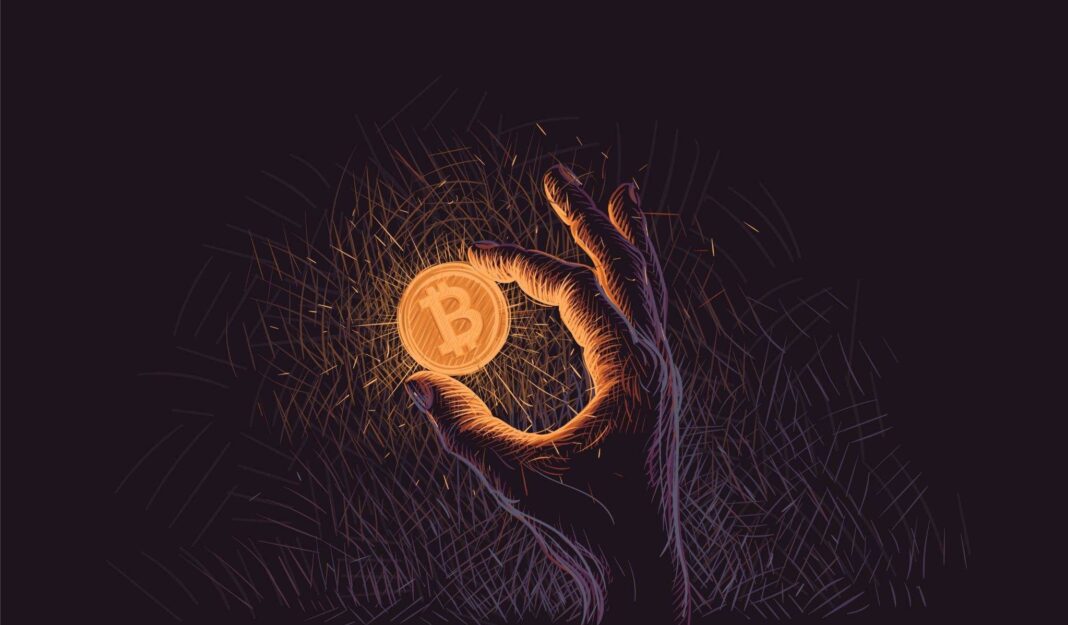In the ever-evolving landscape of financial technology, one term has gained prominence and is disrupting traditional financial systems worldwide and in India—Decentralized Finance or DeFi. At its core, DeFi represents a revolutionary departure from the centralized structures that have long defined the world of banking and finance. By harnessing the power of blockchain technology, DeFi introduces a new paradigm where financial transactions, services, and products operate on decentralized, transparent, and open-source platforms. As the world grapples with the transformative impact of these technologies, India stands at the forefront of a financial revolution, poised to redefine how we perceive, access, and engage with financial services.
Financial Inclusion through Digital Identity
One of the most promising use cases for blockchain in India is establishing a robust digital identity infrastructure. With a large population lacking formal identification, blockchain’s secure and decentralized digital identity solutions can empower individuals, providing them with access to financial services. By enabling citizens to create immutable digital identities, blockchain paves the way for the unbanked and underbanked to participate in the formal financial sector, fostering financial inclusion on an unprecedented scale.
Streamlining Cross-Border Transactions
India’s global diaspora is vast, and traditional cross-border transactions often incur significant costs and delays. With its ability to facilitate secure and swift cross-border payments, blockchain emerges as a game-changer. By reducing reliance on intermediaries and minimizing transaction costs, blockchain-powered cross-border transactions offer a more efficient and cost-effective solution, benefiting not only the Indian diaspora but also promoting international trade and economic growth.
Agricultural Supply Chain Transparency
India’s rural economy can benefit immensely from blockchain’s transparency and traceability features. Implementing blockchain in agricultural supply chains ensures that the journey of produce from farm to table is recorded on an immutable ledger. This transparency mitigates fraud and corruption and provides consumers with verifiable information about the origin and quality of agricultural products. Farmers, in turn, gain access to fairer markets, better pricing, and improved financial services through decentralized lending platforms.
Empowering Microfinance through DeFi
Decentralized Finance, or DeFi, introduces a novel approach to democratizing financial services. In India, where microfinance is crucial in supporting small businesses and entrepreneurs, DeFi platforms can provide accessible and decentralized lending solutions. By removing intermediaries, reducing bureaucracy, and leveraging smart contracts, DeFi empowers individuals and small enterprises with quicker access to capital, fostering economic growth from the grassroots.
Regulatory Frontiers
As India embarks on this transformative journey, navigating the regulatory landscape becomes paramount. Collaboration between regulators, industry players, and technology innovators is crucial for creating a regulatory framework that fosters innovation while ensuring consumer protection and financial stability. Striking this delicate balance will be key to unlocking the full potential of blockchain and DeFi in India.
Conclusion
The future of blockchain and DeFi in India is not just a technological progression but a narrative of empowerment, transparency, and financial inclusion. By harnessing these technologies to address real-world challenges, India has the opportunity to reshape its financial landscape, ensuring that the benefits of innovation reach every corner of the nation. As India embraces the future of finance, the transformative power of blockchain and DeFi is set to redefine the economic narrative of this vibrant and dynamic nation.




